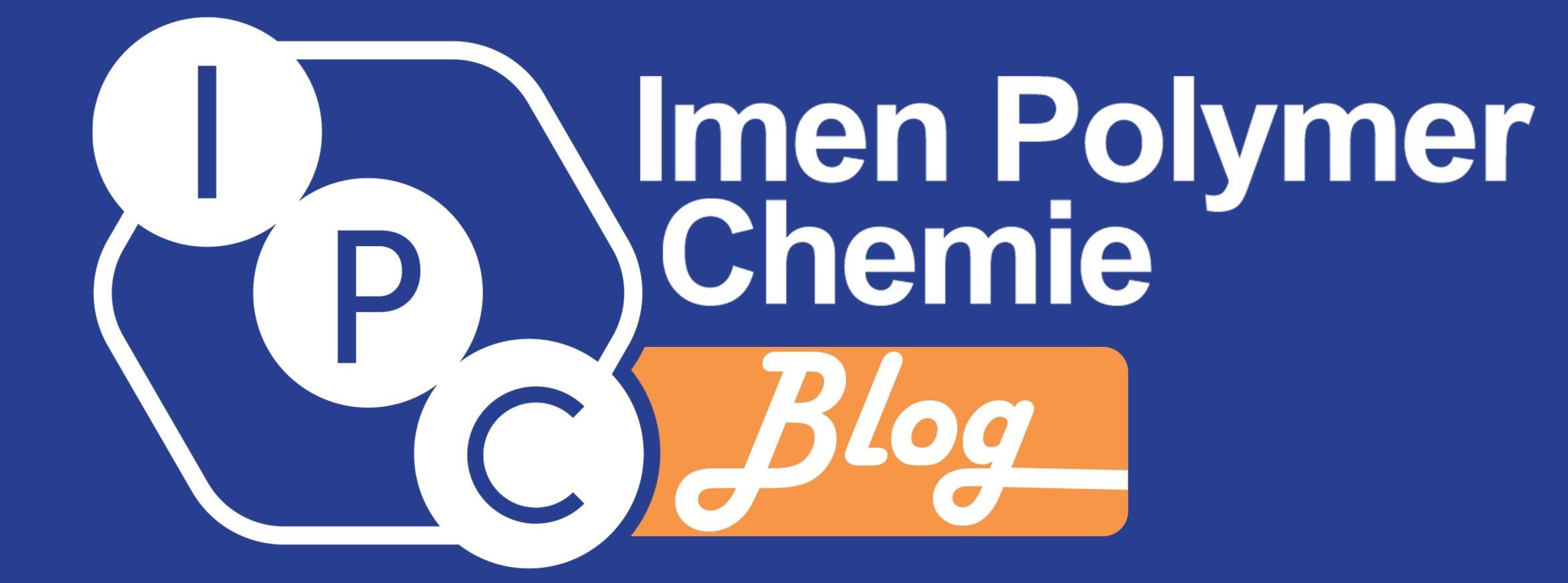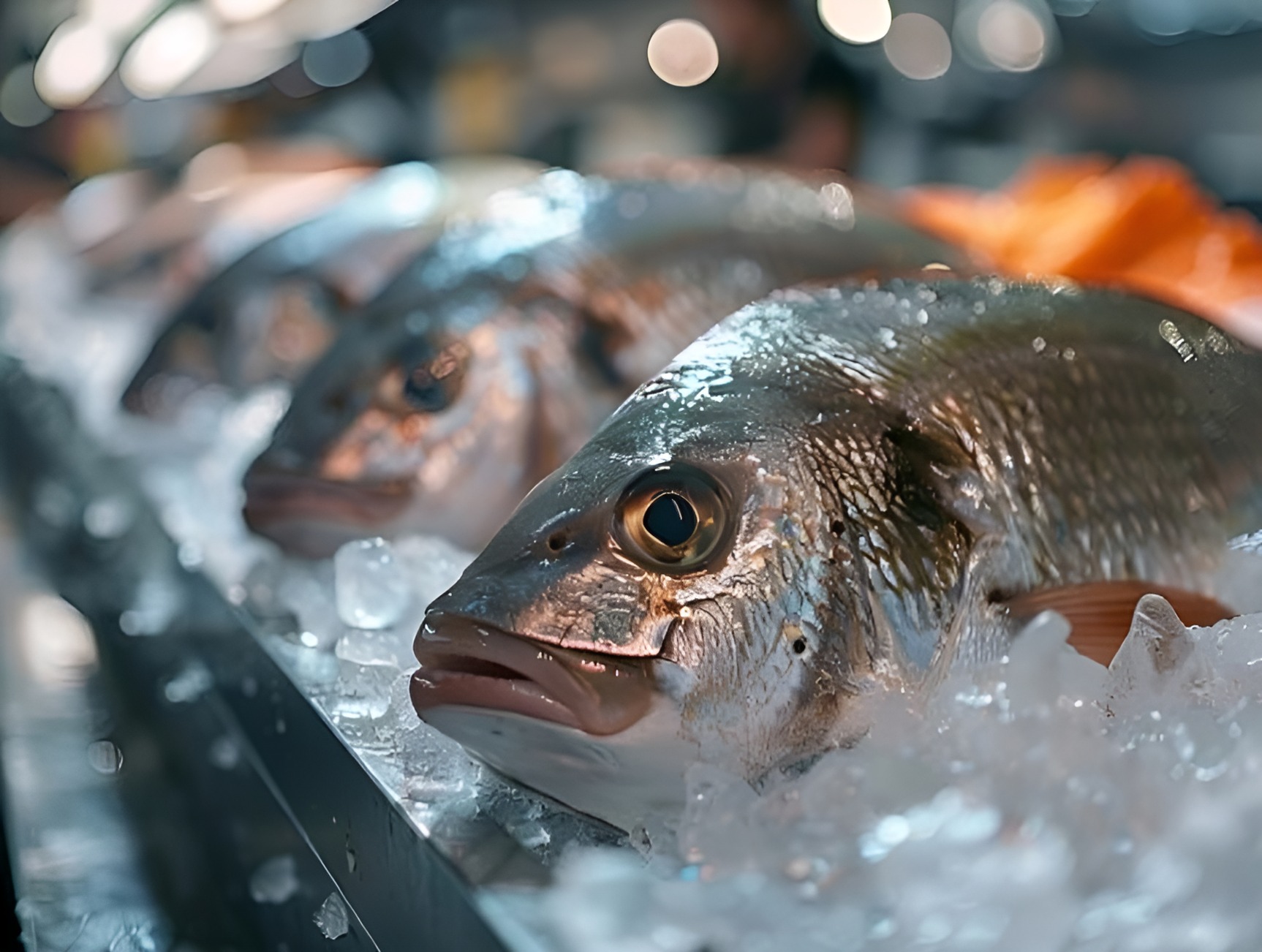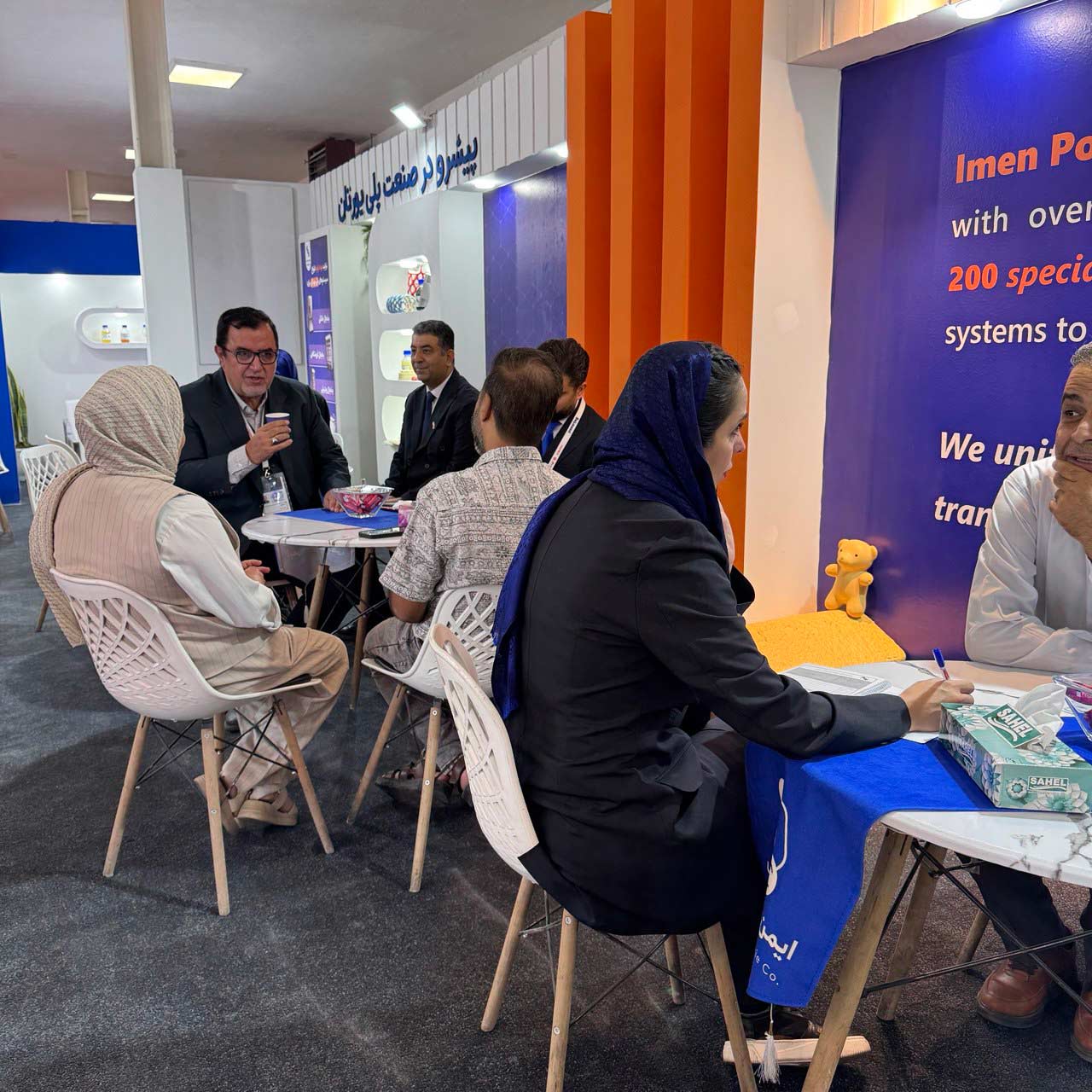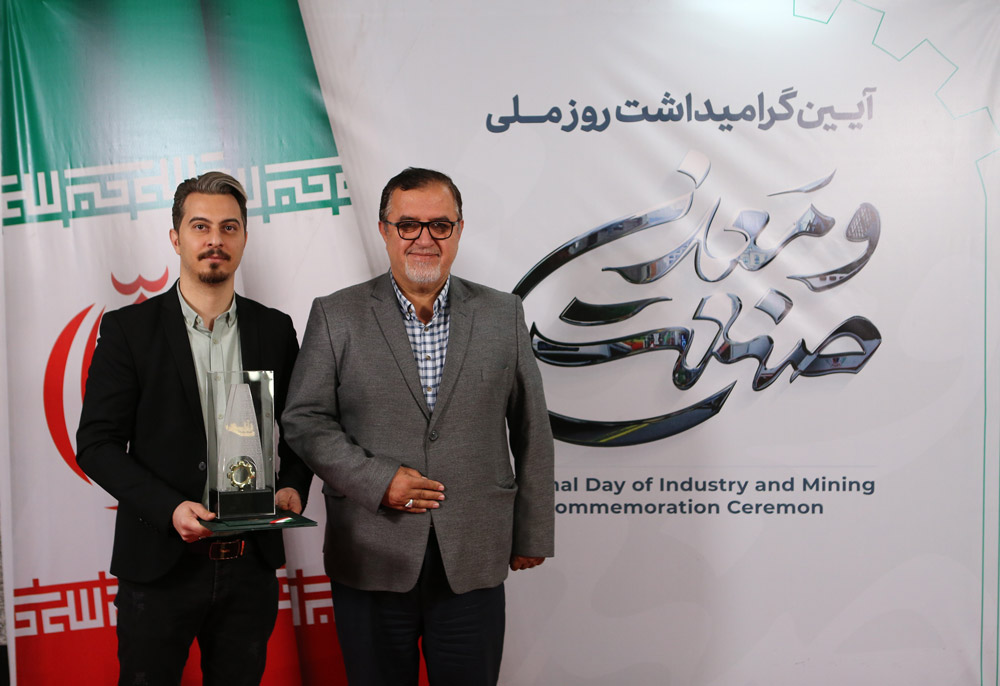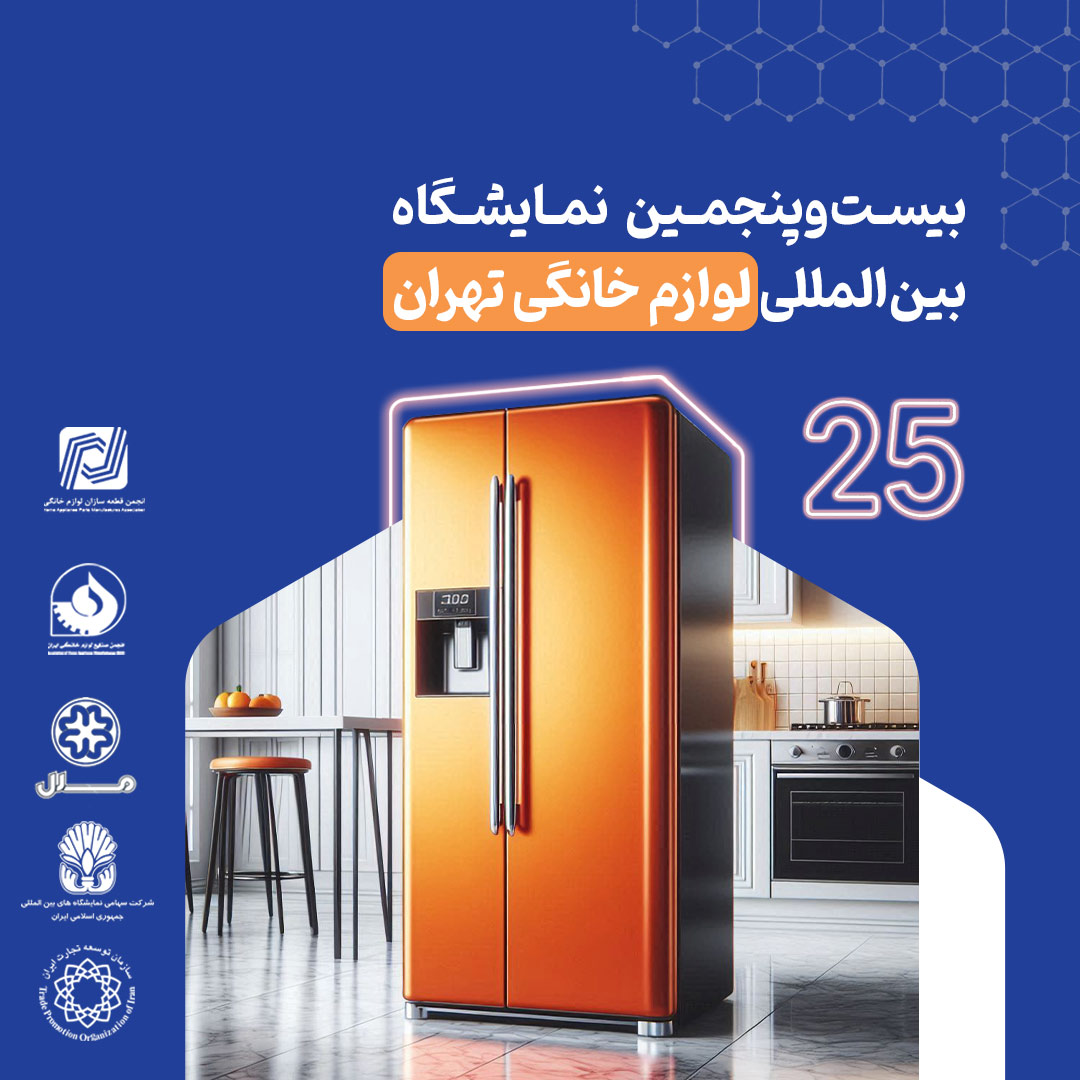Scottish researchers are investigating a novel method to transform fish processing waste into essential materials for creating polyurethane and nylon. In the global fisheries sector, it is typical for 30 to 50 percent of a fish’s weight to be considered waste. If this percentage applies to Iran, it is estimated that the country generates between 300,000 to 500,000 tons of fish waste each year. This figure can fluctuate based on domestic processing levels, the species of fish caught, and the technologies employed in the fisheries sector.
A collaboration between plastic specialists from Impact Solutions, biotechnology experts from the University of Edinburgh, seafood producer Farne Salmon, and the Industrial Biotechnology Innovation Center is driving this initiative. They use enzymes to extract fatty components from fish waste. By leveraging advanced molecular biology, genetically modified bacteria can transform these components into a mix of adipic acid, a crucial raw material for nylon, along with other valuable byproducts, including polyurethane foams.
The research team believes this innovative process could offer a more sustainable, circular alternative to traditional adipic acid production. Rather than depending on petrochemicals and environmentally damaging methods, it presents an eco-friendly solution.
In the polyurethane foam sector, adipic acid is a vital ingredient in producing polyester polyols, which are used to create flexible and semi-rigid polyurethane foams. These foams are commonly found in thermal insulation, furniture cushioning, and shoe insoles. Adipic acid is essential for enhancing the flexibility and strength of the foam. Furthermore, it is utilized in cosmetics, lubricants, pharmaceuticals, food additives, and flavorings.
Simon Rathbone, Development Manager at Impact Solutions, remarked: “This project marks the beginning of an exciting journey to find a sustainable alternative for a key component in the fabric of our clothes. Our initial feasibility study has brought us to an exciting point where we can see the potential of creating value from a material that would otherwise be discarded.” He also added that, in addition to producing adipic acid, the researchers plan to extract other components such as fatty acids and fish oils from the fish waste to maximize the overall value of the process.
Angus Forbes, Environment and Project Manager at Labeyrie Fine Foods, said: “Our mission is to become a more sustainable business by managing all aspects and impacts of our daily activities, especially through the complete utilization of the scarce resources we affect every day. Waste streams have been a major focus for us in recent years, and wherever possible, we’ve found ways to channel these wastes to businesses that have the foresight and technology to use them as raw materials for further processing. Therefore, we are thrilled to be involved in this project and look forward to providing further support in the future.”
Such an approach, in addition to reducing the environmental impact of waste disposal, can lead to new economic opportunities and the development of industries related to advanced technologies. This requires investment in research and development (R&D) and collaboration between universities, biotechnology industries, and fisheries.

Finally, Iran is one of the active countries in the field of fisheries and aquaculture, with its fisheries production reaching approximately 1 million tons per year in recent years. Thus, it can be estimated that a significant portion of this amount results in waste, including skin, bones, heads, and processing waste. Given the global demand for sustainable production and waste reduction, Iran’s fisheries industry can also leverage this opportunity to develop a circular economy, where waste is transformed into valuable raw materials, preventing resource wastage. Additionally, the export of products derived from processed waste could serve as a competitive advantage for Iran in international markets.
In other words, this type of processing not only helps reduce waste management issues but also contributes to the development of knowledge-based industries and the creation of export-oriented products. Establishing appropriate infrastructure and using advanced technologies in this field could position Iran as a leader in producing bioproducts from fish waste.
